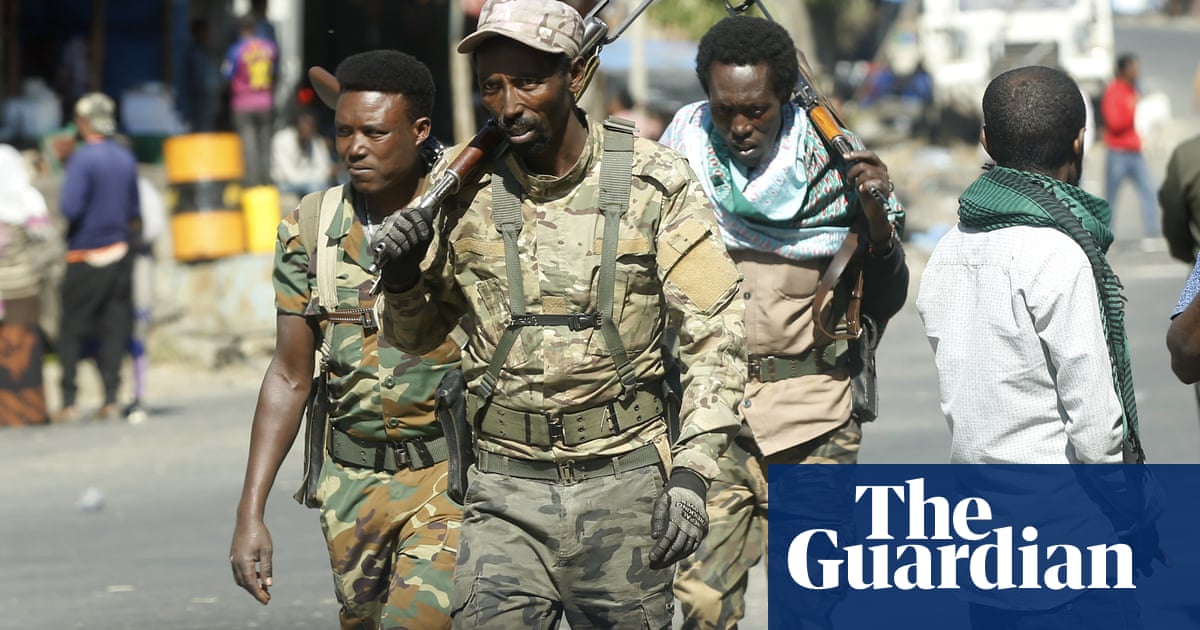
KUALA LUMPUR (Reuters) - Malaysia declared a state of emergency on Tuesday to try to rein in coronavirus infections and suspended parliament in a move that helps Prime Minister Muhyiddin Yassin avoid an immediate challenge to his leadership.
The emergency also gives Muhyiddin and his cabinet extraordinary powers, such as introducing laws without the approval of parliament.
It was the first time in more than 50 years that a national emergency has been declared, and only the second time parliament has been suspended since independence from Britain in 1957.
Opposition parties said Muhyiddin was using the declaration to cling to power as he faces calls to step down and hold a general election.
The emergency announcement came a day after Muhyiddin declared a nationwide travel ban and lockdowns in the capital and five states and could last until Aug. 1, or earlier, depending on whether infections have been brought under control.
Daily coronavirus cases hit a new record of 3,309 on Tuesday.
WHAT POWERS WOULD THE PM GAIN?
With parliament suspended, the prime minister and his cabinet gain powers to make laws and approve the expenditure necessary to ensure public security without a parliamentary vote.
The government can introduce temporary laws - called ordinances - that take effect over the course of the emergency. The king, who plays a largely ceremonial role, issues the ordinances on the advice of the prime minister and cabinet.
“The constitution is more or less suspended, as a substantial part of it can be overridden by emergency law,” said Nik Ahmad Kamal Nik Mahmood, a legal expert at the International Islamic University of Malaysia.
In a televised address after the declaration, Muhyiddin said the king could issue several emergency ordinances to curb the spread of the pandemic, expand the powers of the military to help protect public health and also strengthen the police.
The government could also increase penalties for anyone who violates laws and regulations related to the pandemic, he said.
WHY THE CONCERN OVER EMERGENCY POWERS?
Constitutional provisions on lawmaking during an emergency are broad and leave a lot of room for the government to clamp down on anything from politics to personal and media freedoms, analysts said.
The opposition Pakatan Harapan said the emergency undermines checks and balances and inhibits democracy.
“Emergency powers mean granting absolute power to the prime minister to do nearly anything, at a whim,” it said in a statement.
WHAT DOES THIS MEAN FOR MUHYIDDIN’S POLITICAL SURVIVAL?
Muhyiddin will serve as premier unopposed at least until Aug. 1. Elections then seem to be inevitable.
Muhyiddin became premier in March, since when he has grappled with a razor-thin parliamentary majority that relied heavily on support from the former ruling United Malays National Organisation (UMNO).
Two UMNO lawmakers withdrew their support in recent days, which means Muhyiddin no longer commands majority support in parliament.
Some UMNO leaders have in recent months also repeatedly called for early elections, unhappy at playing second fiddle in the ruling coalition to Muhyiddin’s smaller Bersatu party.
Elections are only due in 2023 but Muhyiddin said he was committed to holding polls as soon as it was safe to do so.











